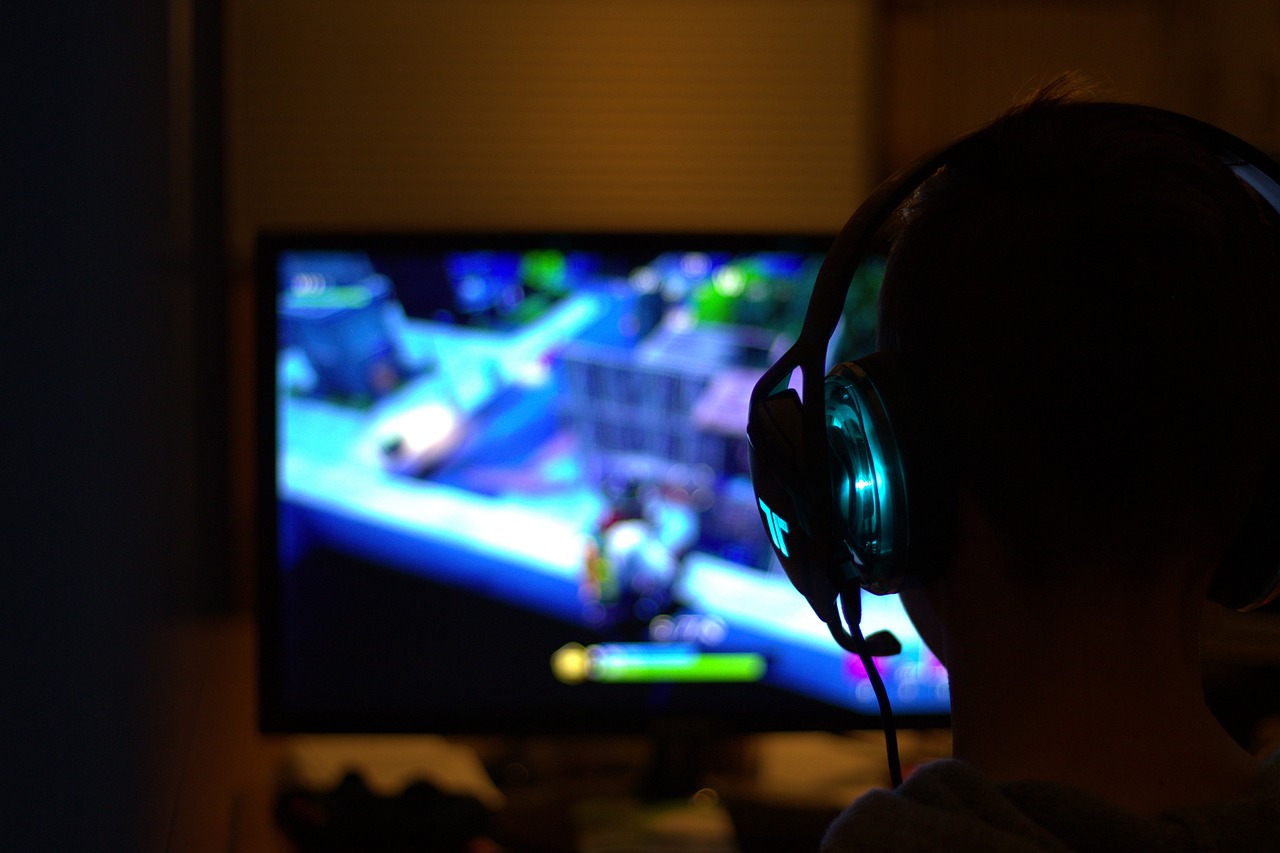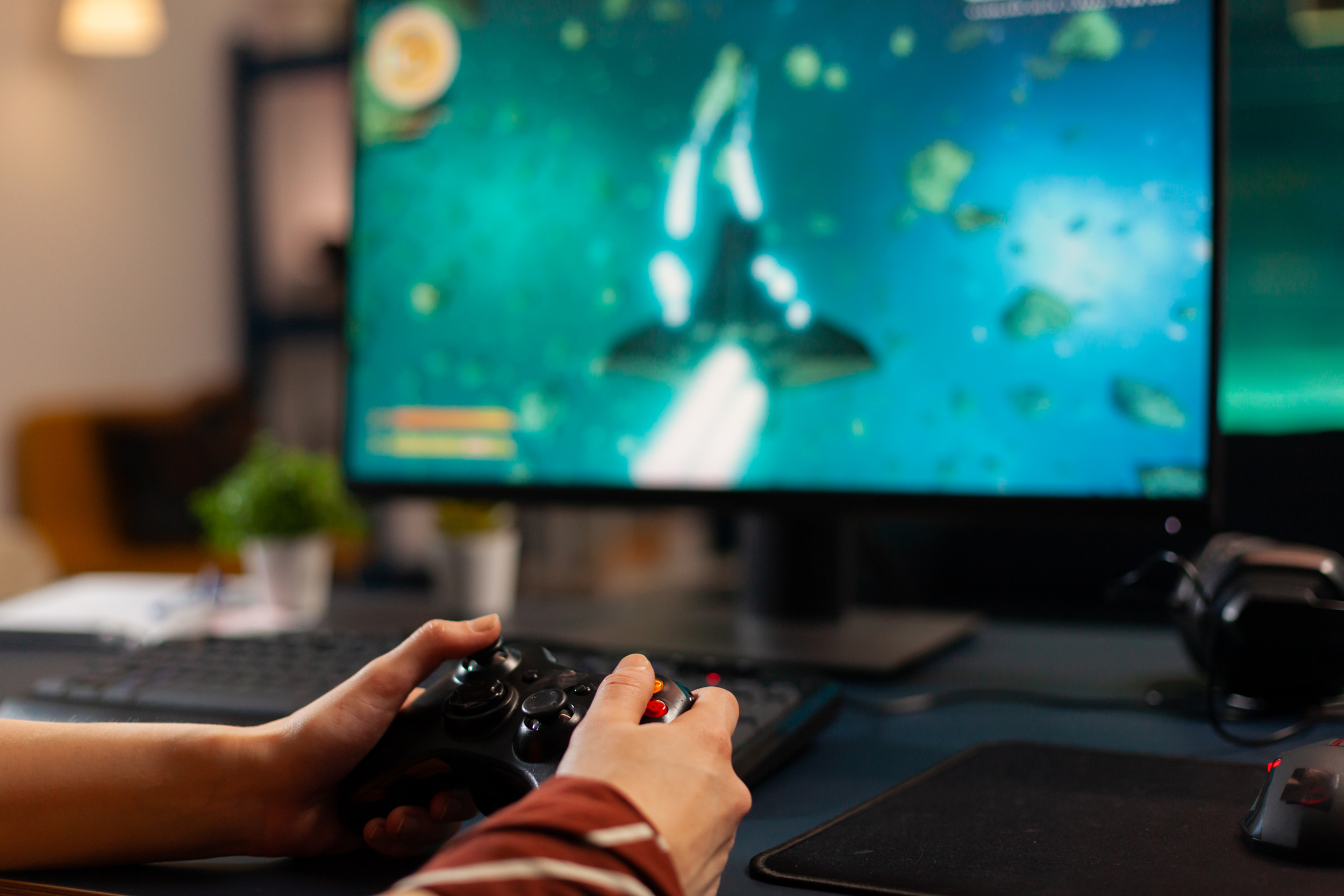
Gaming as a Stress Relief
11, September 2025
Stress is an inevitable part of our daily life, and how we manage it can have a profound impact on our mental and physical well-being. For many, gaming has become a popular method of coping, offering both positive and negative effects depending on how it’s approached.
For many players, video games provide a welcome escape- a way to unwind and relax. Immersive gameplay can serve as a distraction from everyday stress, offering a sense of control and achievement. Engaging in a favorite game can provide temporary relief from anxiety, allowing individuals to recharge and deal with real-world challenges with renewed energy.
As a form of escapism, gaming allows players to immerse themselves in a different world where they can temporarily set aside their problems and responsibilities. This can be especially appealing for those experiencing significant stress, as it offers a mental break and an opportunity to experience enjoyment and success in a way that feels empowering.
In moderation, gaming can be an effective and healthy way to manage stress. It has the potential to improve the mood, foster a sense of accomplishment, and offer social interaction through online multiplayer experiences. Additionally, gaming can boost cognitive skills such as problem-solving, strategic thinking, and hand-eye coordination, all of which can have benefits beyond the screen.
However, when gaming becomes excessive, it can lead to negative outcomes. Relying too heavily on gaming as a form of escapism may result in neglecting responsibilities, social isolation, and, in some cases, the development of gaming habits. Excessive gaming can also mask underlying issues, preventing individuals from confronting the root causes of their stress and addressing them in a healthy way. It’s therefore important to maintain a balanced approach to ensure gaming remains a positive and beneficial coping mechanism, rather than a harmful escape from reality.
Excessive gaming can create a damaging cycle where stress leads to more gaming, and gaming, in turn, increases stress. As gaming takes priority over responsibilities and relationships, it can introduce additional stressors, deepening the need to escape through gaming. This cycle can be difficult to break and may contribute to significant emotional and physical health difficulties over time.
Finding a balance between gaming and other stress management strategies is essential. Incorporating a variety of healthy coping mechanisms - such as exercise, mindfulness practices, and social activities - can provide more sustainable ways to manage stress. Setting limits on gaming time and ensuring it doesn’t interfere with other areas of life are key to maintaining a healthy balance.
When used in moderation, gaming can be an effective tool for managing stress. However, relying on it as a primary coping mechanism can have negative consequences and may ultimately worsen stress. Finding a balance and integrating a range of stress-management practices will not only help maintain overall well-being but also reduce the risk of developing gaming addiction.
https://www.verywellmind.com/how-video-games-relieve-stress-4110349
https://www.wired.com/story/casual-games-mental-health/
Porter, A. M., & Goolkasian, P. (2019). Video games and stress: How stress appraisals and game content affect cardiovascular and emotion outcomes. Frontiers in Psychology, 10. https://doi.org/10.3389/fpsyg.2019.00967

Gaming addiction, also known as Person experiencing gaming harms, is a serious turmoil that affects millions worldwide. Beyond its emotional and psychological toll, the financial effects of gaming addiction can be devastating...
16, September 2024

Online gaming, including betting, has become a widely accepted form of entertainment in modern society. While it remains a harmless activity for many, it can evolve into addictive and problematic behavior for some.
16, September 2024
